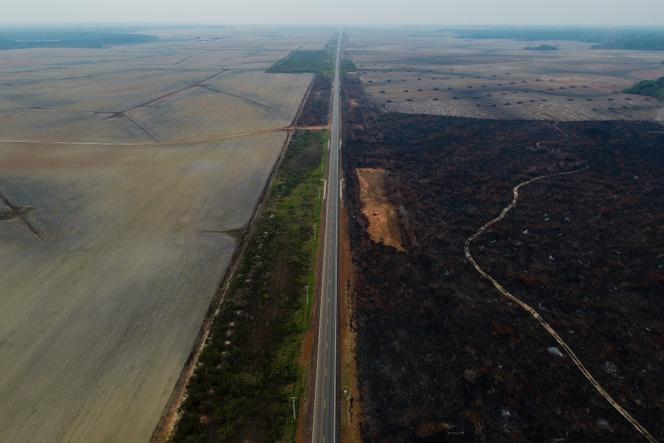


For Brazilian environmental advocates, this is one of the most harmful bills for the environment in recent decades. After the Senate approved it in May, the Brazilian Chamber of Deputies adopted, on the night between July 6 and 7, a bill relaxing environmental regulations, referred to by its critics as the "devastation law."
At the heart of the 56-page document are two key acronyms: LAE, standing for licença ambiental especial (special environmental license), and LAC, for licença por adesão e compromisso (license by adhesion and commitment). The first allows the government to designate certain construction projects as "strategic," subjecting them to fast-track procedures with a maximum authorization period of one year, regardless of ecological impact.
The second will let companies have their environmental exploitation projects approved through self-declaration, as long as they are considered to be of "small" or "medium" scale – definitions left up to federal entities, such as states or municipalities. Additionally, it removes the veto power of the Chico Mendes Institute for Biodiversity Conservation (ICMBio), a body under the Ministry of the Environment, over construction within protected areas.
You have 73.05% of this article left to read. The rest is for subscribers only.
